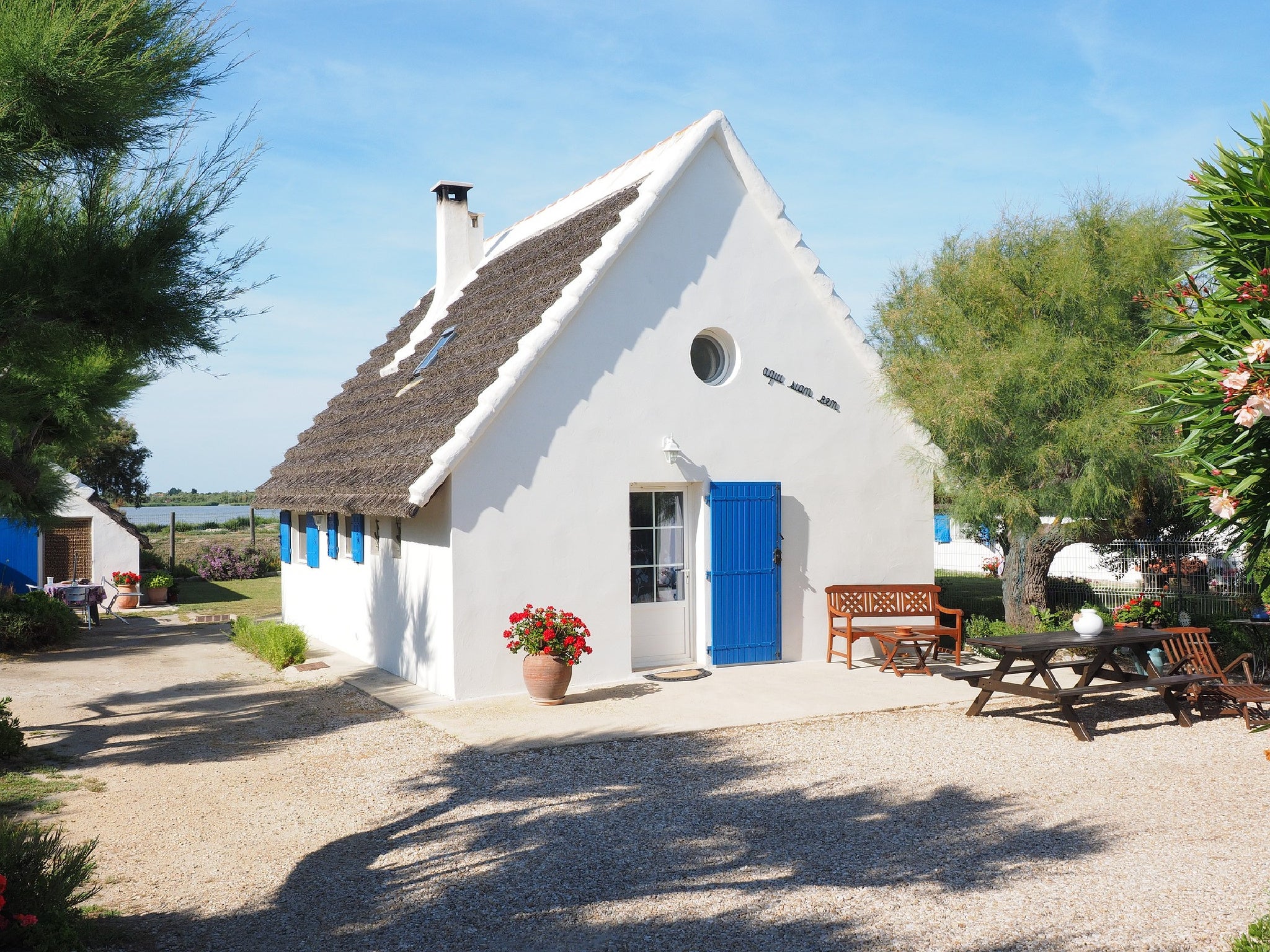Travel expert shares top advice to avoid Airbnb scams
From checking the host’s profile to reverse image searches, here’s everything you can do to protect yourself

Your support helps us to tell the story
From reproductive rights to climate change to Big Tech, The Independent is on the ground when the story is developing. Whether it's investigating the financials of Elon Musk's pro-Trump PAC or producing our latest documentary, 'The A Word', which shines a light on the American women fighting for reproductive rights, we know how important it is to parse out the facts from the messaging.
At such a critical moment in US history, we need reporters on the ground. Your donation allows us to keep sending journalists to speak to both sides of the story.
The Independent is trusted by Americans across the entire political spectrum. And unlike many other quality news outlets, we choose not to lock Americans out of our reporting and analysis with paywalls. We believe quality journalism should be available to everyone, paid for by those who can afford it.
Your support makes all the difference.With more than 7.7 million active listings, Airbnb offers a vast amount of choice for travellers looking to book accommodation.
But if you want to guarantee that the booking you make is a genuine one, a top travel expert advises you to do some due dilligence.
Short-term lettings expert Stefan Hoffelner says that there are certain steps you need to take before you book and pay, to avoid being taken advantage of by Airbnb scammers.
If you want to eliminate the possibility of being ghosted by a host, or realising that the property listing turns out to be too good to be true, the first step is to check the hosts’ profile.
Only book with hosts that have a tick badge next to their profile as this indicates that they have provided Airbnb with identification and any other required information.
“Make sure to review the host’s profile for feedback from previous guests,” explains Mr Hoffelner, who is owner of YourAirHost. “A lack of reviews, or reviews that seem overly positive or generic, might be a sign of a scam. Look out for a consistent pattern of reviews left over a period of time. Lots of reviews made in quick succession might be fabricated.”

The next step is to examine the quality of the photos. If there are lots of perfectly posed, well-lit and slightly generic-looking shots, this could be a sign that the photos have been stolen from another website.
A family who were recently scammed out of £4,000 when their Airbnb listing turned out to be fake, discovered the bad news after doing a reverse Google image search. They realised that the fraudsters had copied all the photos from a genuine listing, and tried to pass it off as their own accommodation.
Mr Hoffelner adds: “If the same pictures appear on different websites or listings, this is a red flag.”
Another common problem with Airbnb bookings is communication. Before you book, ask the host some questions to get an indication of where the property is and how to access it.
Communicating through Airbnb’s dedicated messaging system makes sure that conversations are documented and secure.
“If a host makes an unusual request such as providing personal information or payment details ouside of Airbnb, be wary,” warns Mr Hoffelner.
If something does go wrong with your booking, Airbnb might not be able to compensate you if you can’t show them all the communication you’ve had with the host.
Once you’re satisfied with the host and the listing, the next step to protecting your booking is to pay through Airbnb’s secure payment system. Third-party payment methods are not protected by Airbnb’s AirCover guarantees.
AirCover for guests provides support if a host cancels within 30 days of check-in, you’re unable to check in or the listing is significantly different than advertised and your host can’t fix it. It also protects you if you feel unsafe in your Airbnb.
Last year, a TikTok user who found out that her Airbnb accommodation didn’t exist explained to her followers that Airbnb refunded the full cost of her booking and contributed to costs of a hotel room stay.
And the final piece of advice from Mr Hoffelner is to trust your instinct.
“If a deal seems too good to be true, it probably is. Suspiciously low prices or luxurious amenities offered at a fraction of the usual cost are often signs of a scam. If something feels off about the listing or with the host’s communication, trust your instincts and find a better alternative.”
Join our commenting forum
Join thought-provoking conversations, follow other Independent readers and see their replies
Comments